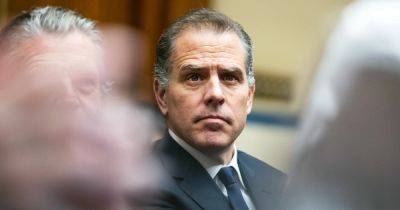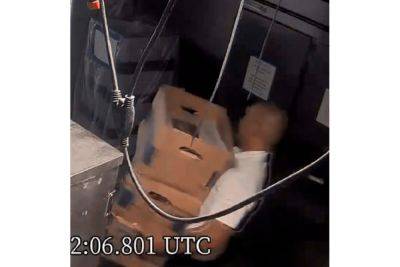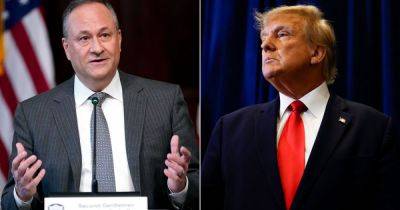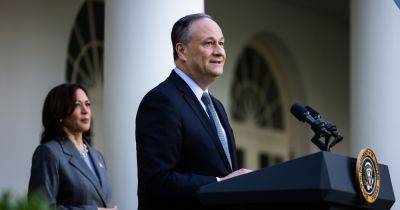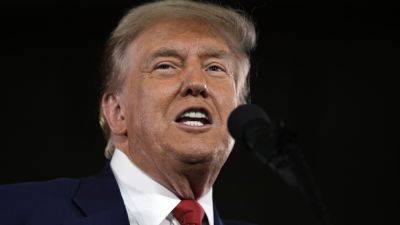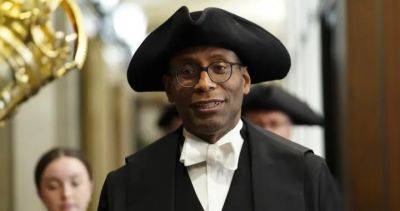Civilian Prosecutors Rejected Evidence in 9/11 Case That Military Calls Crucial
For years, a thorny question has dominated pretrial hearings in the military commissions case over the Sept. 11, 2001, attacks: Did the men accused of plotting them voluntarily confess in 2007 after the C.I.A. had stopped torturing them, and could those statements be used as evidence at their eventual death-penalty trial?
So it came as a surprise when a veteran F.B.I. analyst revealed that in 2009, when the Obama administration was planning to instead try the men in civilian court, federal prosecutors had decided against trying to offer the statements as evidence.
The revelation sets in stark relief the contrary decision by military prosecutors to build their case around summoning the F.B.I. interrogators as witnesses, calling such potential testimony their “most critical” evidence. It also underlines how that decision has opened the door to years of litigation and contributed to a lengthy delay in getting the case to trial.
Brig. Gen. Mark S. Martins, the chief prosecutor at Guantánamo from 2011 until his retirement in 2021, did not respond to a request for comment.
During a closed hearing on March 6, Kimberly Waltz, a supervisory intelligence analyst at the F.B.I. who works on the Guantánamo prosecution team, disclosed that civilian prosecutors had decided the statements were unnecessary. In 2009, when she helped the civilian prosecution team evaluate the evidence, federal prosecutors rejected using the confessions at trial, according to a transcript of the hearing recently released by the government.
“At that time it was my understanding,” she said, that “we were not going to be able to use them; they weren’t admissible.”


